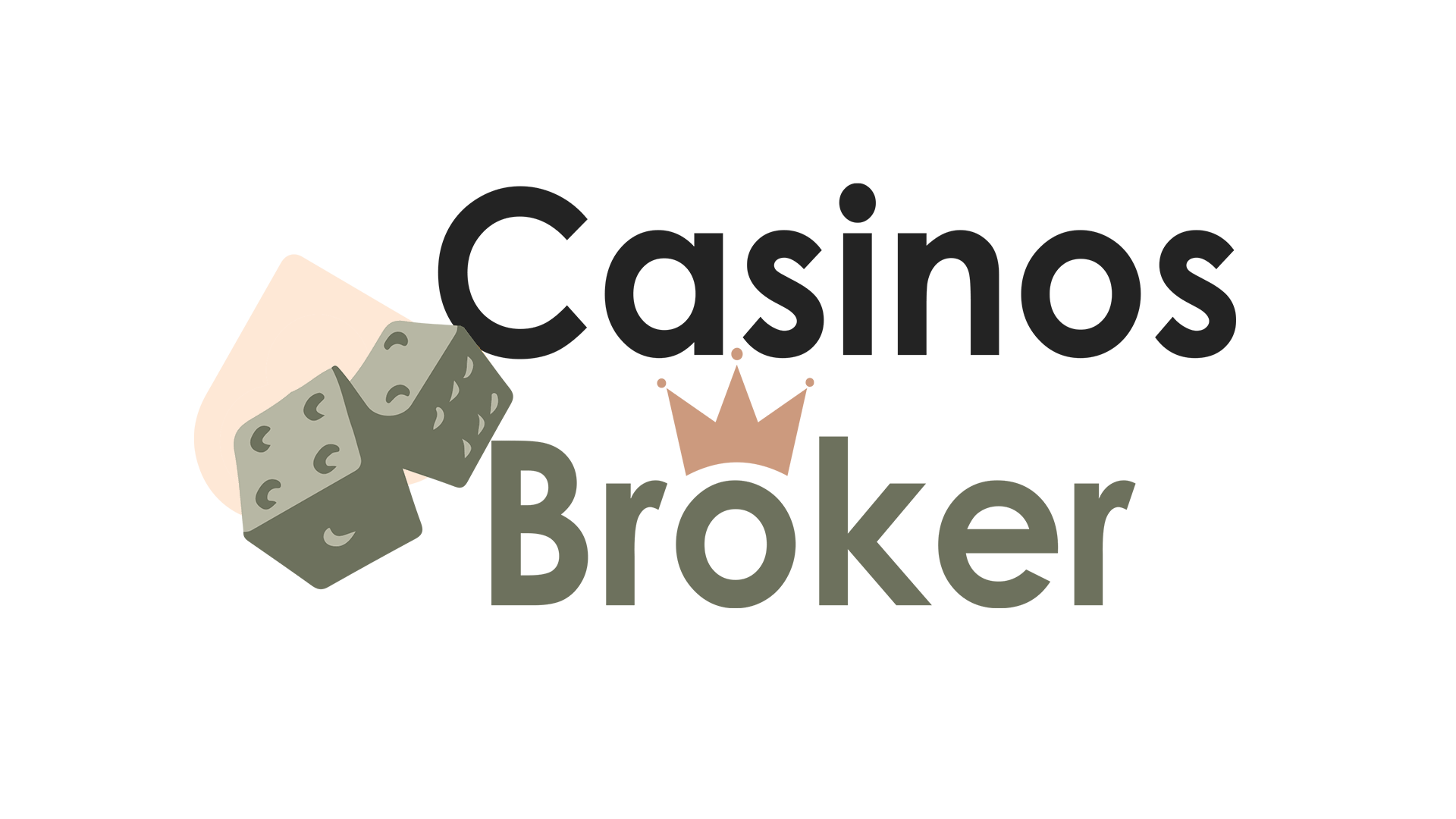M&A Guide | Selling Your Business to Employees
Yesterday, a member of our team expressed interest in purchasing our business. He mentioned that his siblings are also keen on joining him in this venture. However, a challenge has arisen: he inquired about our willingness to sell and the asking price. When I posed the same question to him – what he would be willing to pay – his response was a simple, “Well, how much are you looking for?”
It’s worth noting that he is unaware of our ongoing efforts to sell the business. We have chosen to maintain confidentiality to avoid any premature awareness among our employees and customers. While I have a longstanding association with him, there are uncertainties about his financial capacity.
In light of this, here are two viable courses of action:
- Treat him as you would any other potential buyer. Acknowledge that the business is indeed on the market. Request that he signs a non-disclosure agreement and completes necessary qualifying documentation.
- Maintain discretion about the business being up for sale. Prioritize the confirmation of the buyer’s eligibility before delving into any discussions regarding the sale.
Given the circumstances, we strongly recommend option #2, which we elaborate on in the forthcoming article. However, let’s explore option #1 briefly, in case you find it more aligned with your specific situation.
Selling Your Business to Employees
#1 Treat Him as any Other Buyer
While you’re already familiar with this potential buyer, it’s essential to uphold uniform treatment, just as you would with any other prospective buyer. However, it’s prudent to recognize that this approach might inadvertently signal to your employees that the business is on the market.
Let’s outline the procedure:
- Request the buyer to formally endorse a non-disclosure agreement.
- Solicit the completion of a personal financial statement from the buyer, delineating their available liquid capital for investment and an overview of their net worth. Note: If the buyer asserts the involvement of an investor, ensure that the investor also furnishes these documents.
- Should the buyer fall short of the qualifications, engage in a candid conversation about the inadequacy. Explain that sharing sensitive information hinges on verifying their eligibility.
- If the buyer proves eligible, provide them with a confidential information memorandum (CIM), safeguarding its confidentiality throughout the process.
It’s important to underscore that the protocol for managing this buyer mirrors that for any other buyer. Equitable treatment is paramount; personalized treatment stemming from your relationship with them could be counterproductive. Engaging a third party, such as a business broker or M&A advisor, might be prudent for orchestrating this process.
Leveraging the expertise of an advisor or broker to validate the buyer’s qualifications could be advantageous. Moreover, considering the buyer’s role as an employee, they might find discussing personal finances more comfortable with someone other than you.
#2 Don’t Disclose that Your Business is for Sale
Prioritize the buyer’s qualification before engaging in discussions about the sale.
You possess the full prerogative to assess the buyer’s eligibility before unveiling the business’s sale.
In this instance, retaining the confidentiality of your business’s sale necessitates personal handling. Referring the buyer to your broker could inadvertently signal your business’s market status.
Alternatively, you can task a trusted professional advisor – such as your accountant or attorney – to verify the buyer’s qualification. These experts adhere to stringent standards, which might put the buyer at ease when disclosing financial details to them.
Navigating this process demands tact to qualify the buyer without causing any unintended offense, a situation that could potentially impact your business negatively.
The pivotal aspect is a diplomatic approach. Convey to the buyer that you’re open to the idea of selling but with a significant down payment. You might express:
“Let me discuss this with my spouse.”
After a few days, return with:
“My spouse and I have deliberated, and we’ve concluded that a minimum cash down payment of $xxx,xxx is necessary before discussing the sale further. If you can demonstrate the availability of $xxx,xxx in cash, we’re more than willing to explore the sale.”
This strategy enables you to evaluate the buyer’s financial standing without unveiling your asking price or committing to a specific business valuation.
It’s worth noting that in many cases, employees seeking to acquire the business might not meet the necessary financial criteria. Hence, entertaining this avenue is advisable only when all other alternatives are exhausted.
Conclusion
Navigating discussions about the sale with your employees can prove to be one of the most intricate and sensitive challenges you encounter throughout this process. Often, employees lack the financial capacity to pursue business acquisition, making it advisable to approach these conversations thoughtfully.
In case inquiries arise, it’s prudent to have a prearranged, composed response to the common query, “Is your business up for sale?”
Many employees harbor aspirations of business ownership and might stretch the truth about their financial capabilities in their eagerness to strike a deal. A frequent belief is that they can secure an investor to provide the necessary funds. However, such scenarios rarely come to fruition.
Certain instances may arise where employees feel limited in their alternatives for venturing into entrepreneurship, causing them to adopt assertive stances. If this unfolds, it’s essential not to yield to undue pressure. Your business has been cultivated over years, possibly even decades, and safeguarding that investment is your rightful prerogative.


